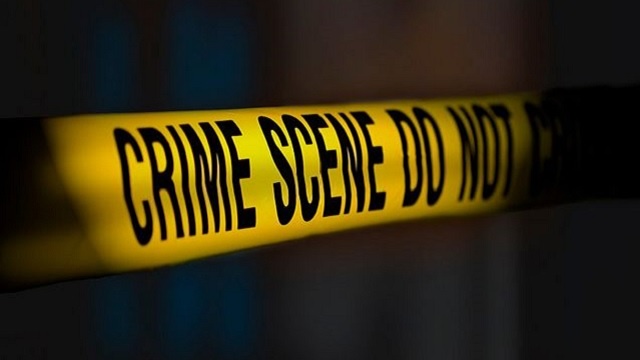Louisiana coroners look into having a law updated to protect the deceased who have been a victim of a violent crime from being cremated.
US coroners in the state of Louisiana were alarmed when a local report came out depicting coroners approval on body cremations for those who were potentially killed in a homicide.
KATC reported that between 2013-2018, at least 895 cremation permits were issued for homicide victims. The permits were granted in 56 of Louisiana’s 64 parishes including nearly every parish in Acadiana.
Difficulties around cremating homicide victims
Legally coroners are not supposed to permit cremation if they detect any foul play in the deceased cause of death. This is supposed to protect the body, which may be crucial evidence, in a case where a criminal is at large. Without access to the body it’s impossible to re-evaluate any new evidence or suspicions.
Not everyone is on board with the potential of being denied the opportunity to cremate their loved one. Yancy Guerin, the Chief Investigator at the West Baton Rouge Parish Coroner’s Office says his office has been criticized by families of homicide victims, who say the law presents an unfair financial burden. There is a crime victim reparation fund, but the cost of a burial is still considerably more than a cremation.
Louisiana takes immediate action
After the report came out, a Baton Rouge lawmaker proposed legislation to change the state law. Senate Bill 137, proposed by state senator Franklin J. Foil, would amend R.S. 13:5716:
According to Louisiana Revised Statute 13:5716:
If the cremation of a body is requested, the funeral director shall immediately notify the coroner who has jurisdiction in the death. If, after the necessary investigation, the coroner is satisfied that there are no suspicious circumstances surrounding the death, he shall issue a permit for cremation. If the investigation reveals suspicious circumstances or the reasonable probability of the commission of a crime, the coroner shall deny the permit.
While it’s a good sign that lawmakers moved quickly to try and adapt the law it still leaves a lot of unanswered questions for corners around what constitutes the vague wording of suspicious circumstances.
